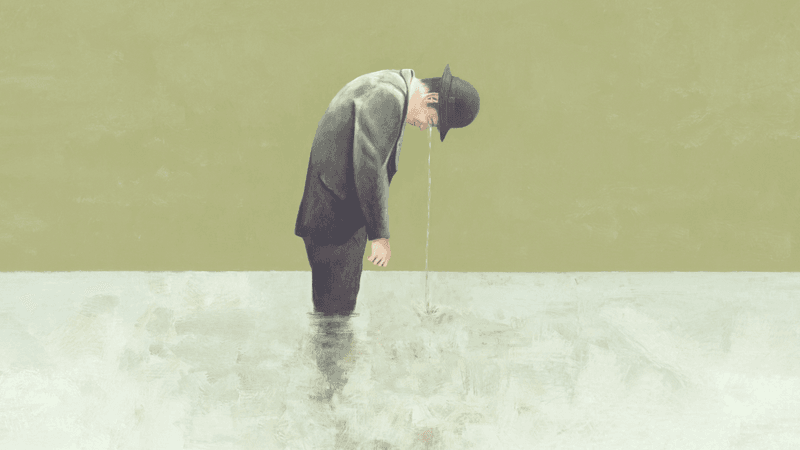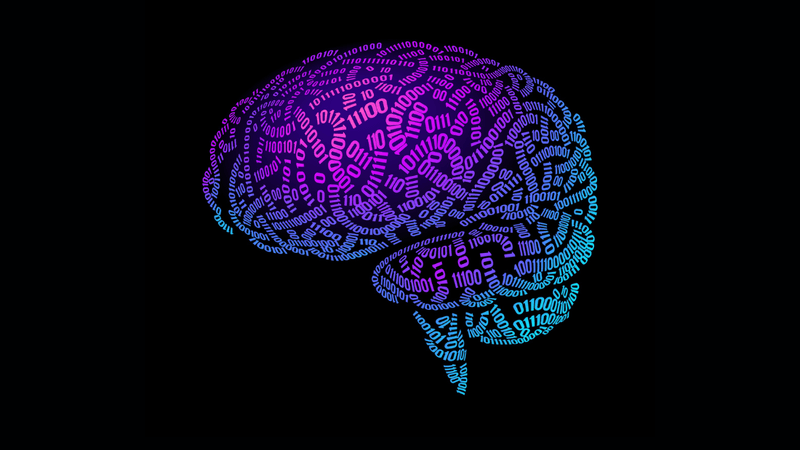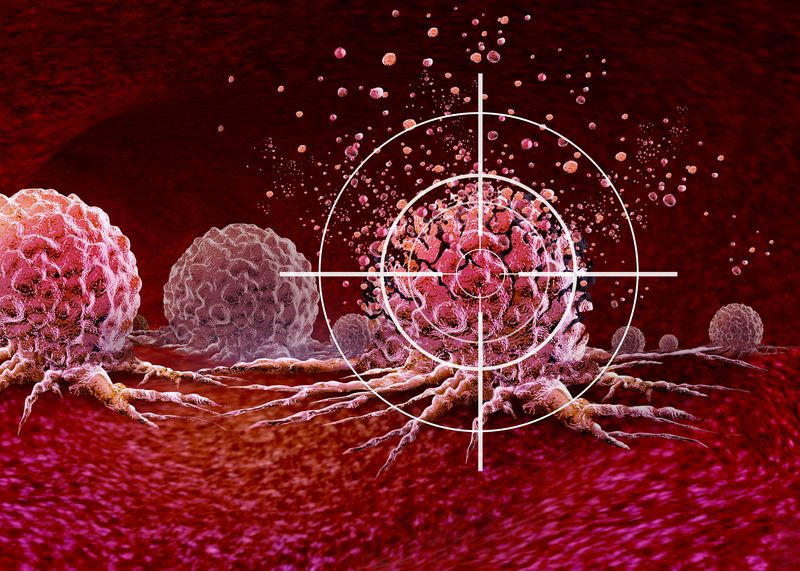Ever been told to “have a good cry”? It seems like an oxymoron, but there’s truth behind the idea that crying can make you feel better. As well as providing a release for stress and emotional pain, crying can release feel-good hormones. If you’ve been looking for a sign to stick on Inside Out and lose Bing Bong all over again, this is it.
Why do we cry?
Crying is unique to humans, as while other animals do produce lubricating drops for their eyes, we’re the only species that leaks from our faces in response to emotional stimuli. We create different kinds of tears, too. You’ve got your reflex tears that come in response to an irritant, continuous tears that act like a shield, and then those tell-tale emotional tears that sneak up on you at weddings. While emotional crying doesn’t carry out the same protective function as the other two, it has been found to be connected to a range of health benefits.
Is crying good for you?
According to Harvard Health Publishing, emotional crying flushes our bodies with oxytocin, a feel-good hormone produced by the brain (specifically the hypothalamus). It is often touted as a “love hormone” or “love drug”, and as well as helping us bond with others and generating happy feelings, it may even help heal hearts after a heart attack.
Crying also releases endorphins, which are a kind of endogenous opioid. These hormones are connected to relief from emotional and physical pain, feeling euphoria, stress resilience, and even cardiovascular protection. It’s possible, then, that crying acts as a self-soothing behavior as the release of endorphins increases our tolerance for pain, dulling its intensity much like opioid drugs do.
A 2007 study measured the heart and breathing rates of 60 female students watching neutral and sad films. The data revealed that while the heart rate increased in the lead-up to crying, it quickly slowed down after crying began. Crying also led to slower breathing that lasted for about 4 minutes, indicating that while crying acts as a distress signal, it also may be pivotal in restoring the crier’s emotional and physical state.
Don’t bottle it up
Repressive coping is the scientific name given to “bottling it up,” and it’s been found to carry several negative consequences. A 2012 study that carried out a meta-analysis of 22 studies, encompassing 6,775 participants, “revealed significant associations between repressive coping, cancer, and cardiovascular diseases, especially hypertension. These results add to the notion of repressive coping as a consequence of cancer as well as to its important role for the issue of hypertension.”
So, tissues at the ready? Who’s your friend that likes to play…





